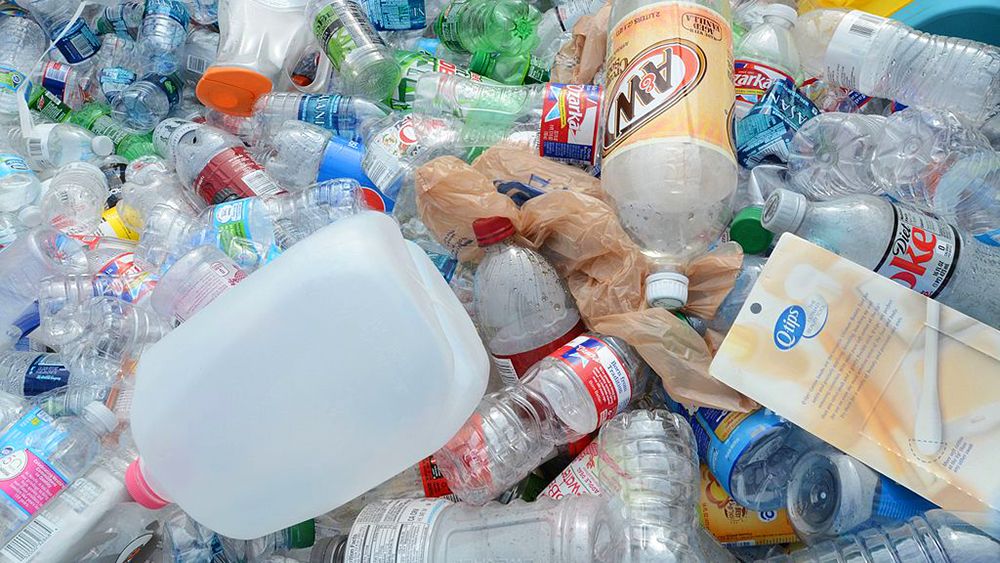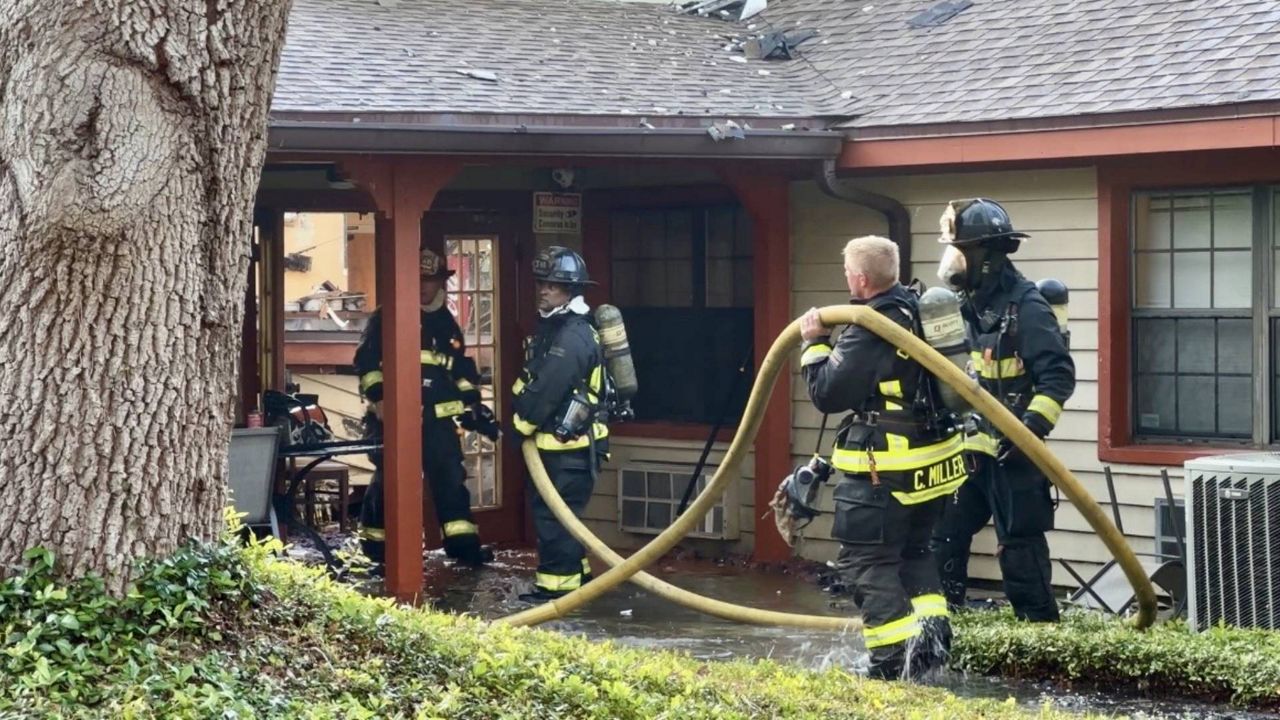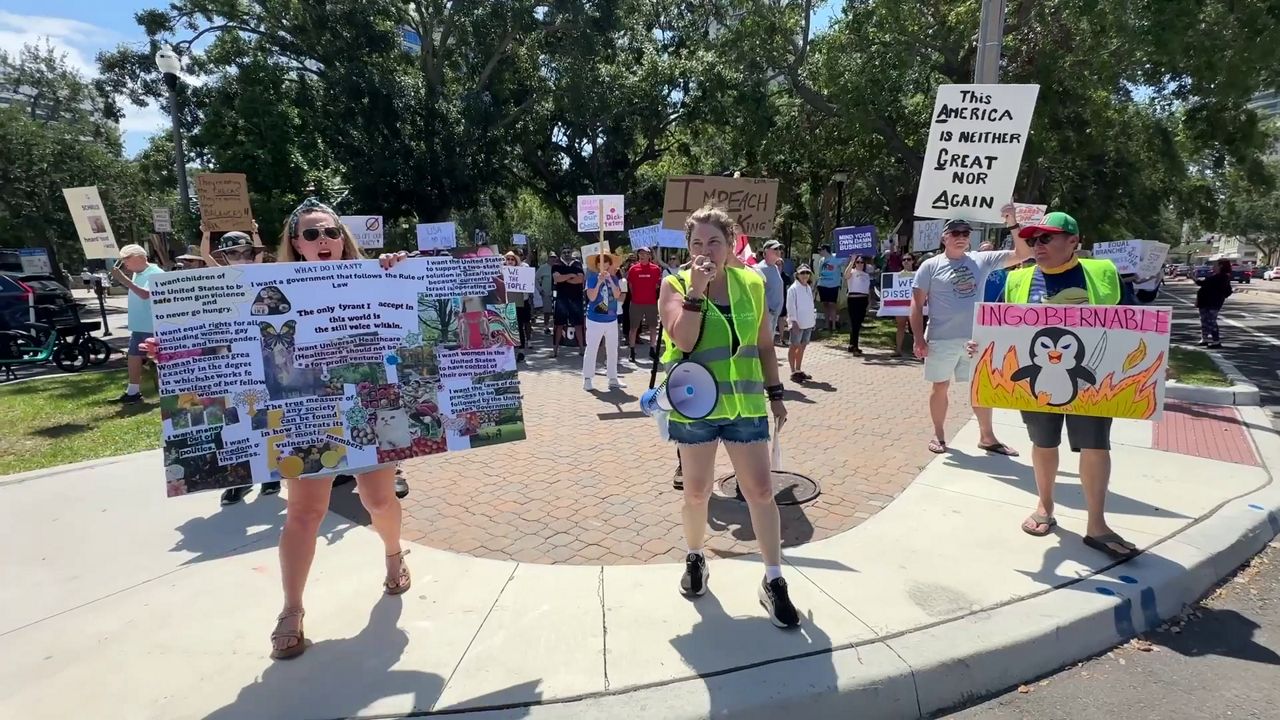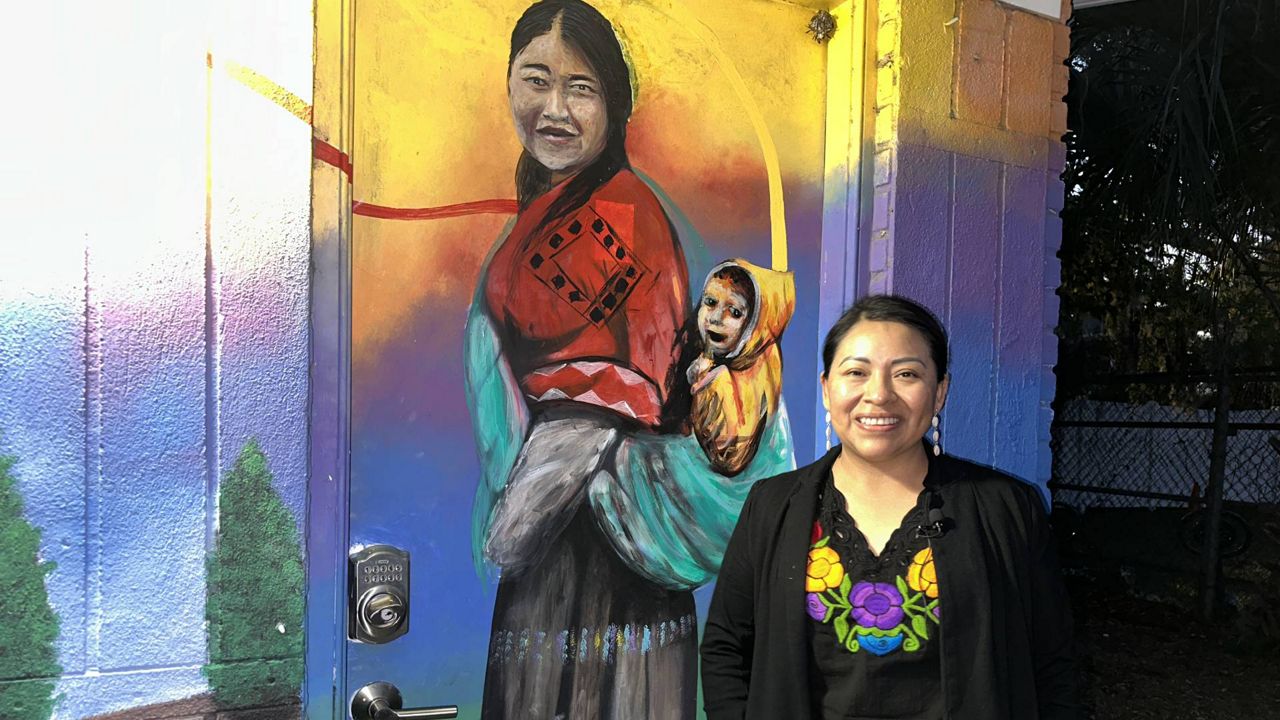TAMPA, Fla. — Friday marked the start of Black Maternal Health Week.
According to the Centers for Disease Control and Prevention, Black women are three times more likely to die during childbirth.
Here in the Tampa Bay area, there is a big push to save the lives of those mothers and babies. A lot of that work is being done by the Florida Black Maternal Health Initiative.
The women involved in the initiative created a podcast called Birth in Color to bring more attention to the issue.
“We really were disappointed when we saw increasing disparities in our state and so we wanted to really start by creating change by first acknowledging the problem in the community,” Florida Black Maternal Health Initiative director Marshara Fross said.
It’s a community that’s only grown over the last year.
Data from the state shows the number of black mothers dying from pregnancy-related causes increased in Hillsborough County from 2022 to 2023.
It’s something USF Associate professor of Epidemiology, Dr. Ronee Wilson, said will only change if mothers are heard.
“That’s one of the reasons why I’m very passionate about this work, because we see a lot of Black mamas dying unnecessarily,” Wilson said. “I think we start by listening to mothers. We start by listening to them because they know their bodies. No, they’re not physicians and that’s what a lot of them hear, 'You’re not the physician, I’m the physician,' but they’ve had their bodies for 20 years, 25 years or whatever age they decide to become a mom.”
Like a lot of Black women, Wilson has her own labor horror story.
“My twins are born four hours a part. Yes. The doctor went home after my son was delivered. My daughter was still in there. The doctor left and went home," she said.
"I had no idea. The nurse comes in and she asks me to turn over on my side. Then she tells me my daughter is in distress,” she said. “So, I’m asking where is the doctor, because I don’t want a tragedy, and she says, 'Oh the doctor went home, do you want me to call her?'”
After a difficult labor, both of her children survived, but she was left with the trauma. It’s something the other women on the podcast can relate to.
Marissa Bell works with the Florida Black Maternal Health Initiative, too. She remembers her experience vividly.
“I couldn’t feel any of my body because they had over medicated me with the anesthesia. It was really, really scary. There was a lot of blood. I was getting a lot of 'Shh, don’t talk' when I was asking questions,” Bell said.
These are the kinds of stories these experts and advocates want to open the floor for during Black Maternal Health Week. They also want to fucus on the positive birthing experiences and how to reduce the number of deaths.
It’s a complex crisis, they say, is going to require complex solutions, and that it starts by listening.
Black Maternal Health Week runs from April 11 through April 17. There are several Black Maternal Health events this week starting with the mama fest happening Friday. We have a full list of events happening in the Tampa Bay area posted here.







